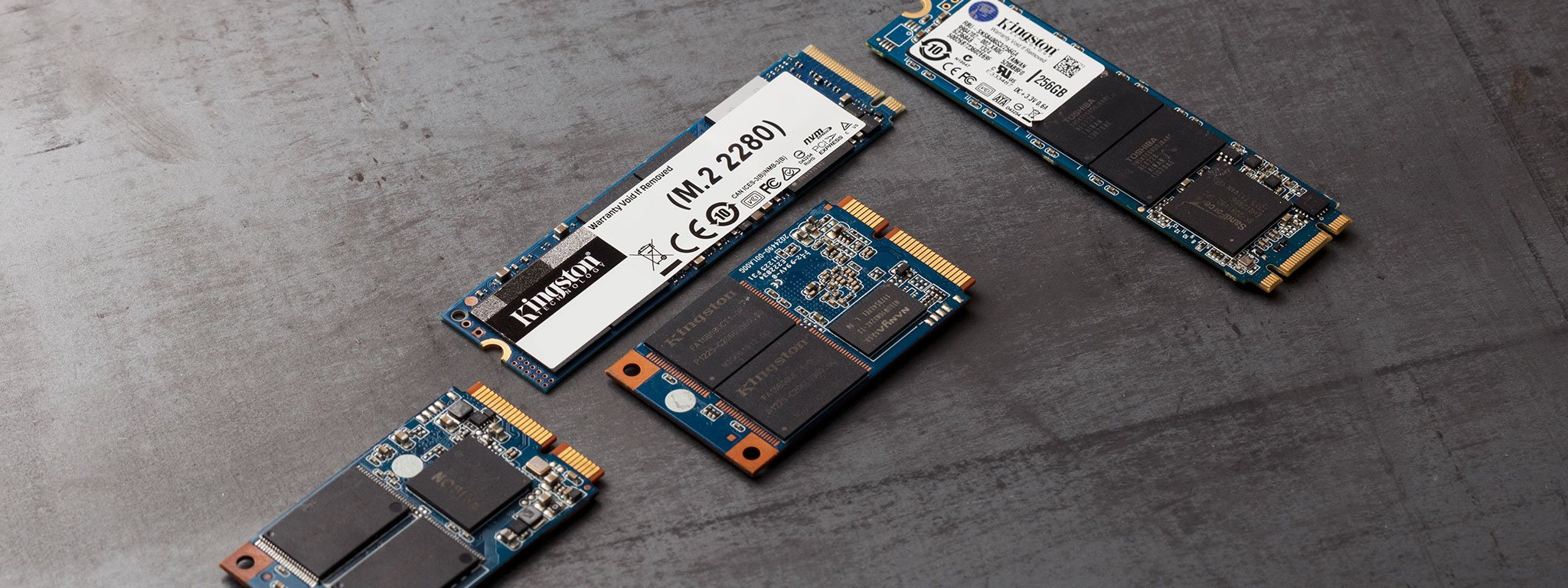Solid-state drive (SSD) is a type of non-volatile storage device that stores persistent data on solid-state flash memory. Compared to traditional hard-disk drives, SSDs offer faster data speeds, lower power consumption and greater reliability.
SSDs are increasingly becoming the preferred choice for data storage due to their low cost and lighter weight than traditional hard drives as well as their lack of moving parts, which makes them more durable. The lack of moving parts means that they generate less heat, can access data much faster and with lower latency, are not susceptible to mechanical failures, and tolerate vibration and shock.
Compared to traditional hard drives, SSDs use NAND flash memory, a type of memory chip that stores information even when it doesn’t have power. In SSDs, NAND flash memory is arranged in a array of interconnected cells that read and write data when electricity is present.
In order to increase its capacity while keeping its cost down, SSDs are often sold in an array of sizes from small as 2 gigabytes to as large as 8 terabytes. Consumers should note that larger capacity SSDs might be a little more expensive, but they tend to offer faster data transfer rates as well as greater reliability, meaning that they’re more capable for storing larger files or larger amounts of data.
SSD technology is constantly evolving, and as a result, performance is steadily increasing. This makes SSDs suited for use in notebooks, desktop PCs, gaming consoles, tablets, cameras, and more. In recent years, companies are providing hybrid storage solutions that combine traditional hard drives with the speed of SSDs, allowing for the best of both worlds when it comes to data storage.





